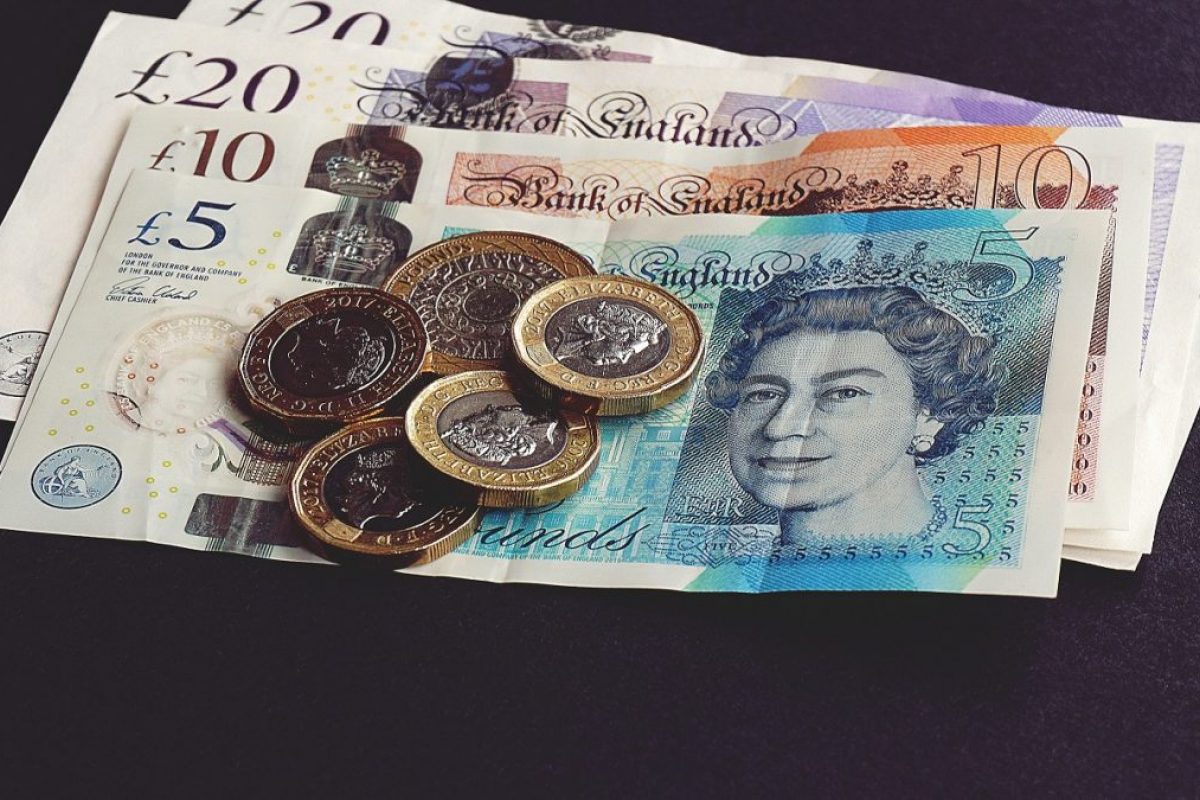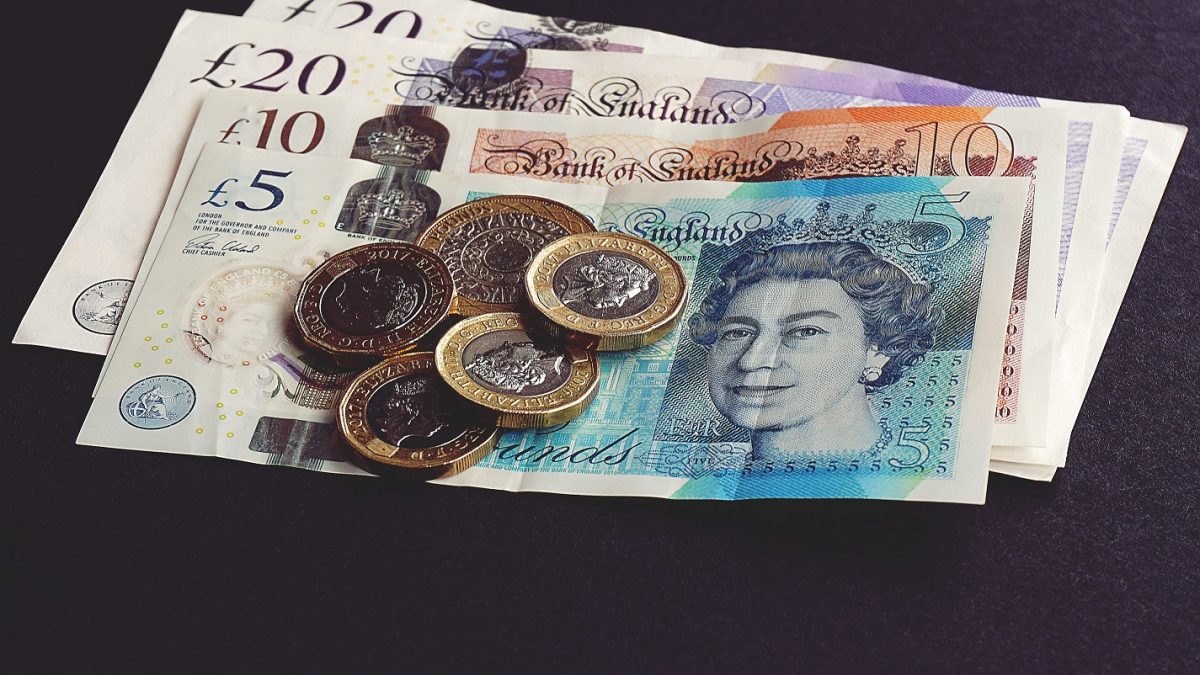Running a limited company business and navigating your way through allowable expenses and tax benefits can be complicated. Here are a few of the ways that you could be saving money as a limited company director.
VAT
The majority of your business will be involved in VAT in some way or other. Checking you are using the correct VAT rate and applying VAT correctly could save your business money. If your turnover is below £85,000, you can register for VAT voluntarily, as it will be advantageous for you to reclaim VAT on your purchases. However, once VAT registered you will have to charge VAT on your sales as well. You need to assess whether it is beneficial or not for your business.
Pension Schemes
Another way to offset tax costs is to enrol and contribute towards a pension scheme. You can do this either through your company (which will save Corporation Tax) or through being an employed director of a company.
Your limited company can contribute pre-taxed company income to your pension. Because an employer contribution counts as an allowable business expense, your company receives tax relief against corporation tax (saving up to 19%). Another benefit is that employers don’t have to pay National Insurance on pension contributions. The National Insurance rate for 2019/20 is 13.8%, so by contributing directly into your pension rather than paying the equivalent in salary, you save up to 13.8%.
State Pension
Based on current circumstances, you will need a minimum of 35 qualifying years of national insurance contributions to get state pension. If you fall short of qualifying years or full years you won’t get the full amount. For each missing year to make up the shortfall is a contribution of £780 approx.
However, if you receive PAYE salary of at least £6,032 per year, you will qualify for National Insurance Credits without paying any National Insurance Contributions as the National Insurance payments threshold starts from a salary earned of over £8,632.
Childcare Costs
As a director of a limited company if you meet the requirements (mentioned below). You can get help towards childcare costs such as the 30 hours childcare scheme and Tax Free Childcare (TFC).
To be eligible for help with childcare you will need to receive an average salary of £131 a week (£6,812 per year). HMRC will check payroll submissions from your employer (your limited company) when you want to avail the TFC or free additional childcare hours. There are childcare schemes that can be via an employer but are being phased out or as not as tax efficient as TFC.
PAYE Income
As a director of your company you can in fact become an employee of the company as well. By doing so you can utilise your tax-free allowance of £12,500 as well as reduce corporation tax liability.
Employer National Insurance Allowance
If you have more than one employee paid through payroll, your company can claim the Employer Allowance which takes up to £3000 off the employer’s national insurance bill a year.
As an employer you are normally liable for paying national insurance contributions on any employees earning over a certain amount (£8,632 for 2019-20). As mentioned previously national insurance contributions count towards state pension and other benefits.
Company Car and Mileage Allowance
The decision to buy a car through company or claim mileage allowance depends on personal circumstances, however in most cases it is financially advantageous to claim mileage allowance rather than buy a car through the limited company. Buying a car through limited companies triggers a personal use to be added to salary and taxed in most cases, making it less beneficial financially.
Marriage Allowance
This allowance allows a spouse or civil partner to transfer up to £1250 of their personal tax free allowance to their partner. If a one person earns under £12,500 (tax free allowance for 2019/20) and the other earns above this amount, the lower earner can transfer it to the higher earner. This can make a saving of up to £250 per year and can be claimed by filing a self-assessment tax return.
Dividends
In both the 2018-19 and 2019-20 tax years, you won’t need to pay any tax on dividend income on the first £2,000 you receive. This is called the tax-free dividend allowance. Basic rate dividend tax is 7.5% (for dividend income up to £34,500) and higher rate dividend tax is 32.5% (for dividend income up to £150,000). Additional dividend income attracts 38.1% tax.
Consider splitting your shareholding with your spouse or civil partner, as you could benefit from using your other half’s tax allowance (especially if they have no other source of income).
Interest on Savings
Many business bank accounts offer savings accounts attached to your business current account. However the interest paid is gross and it will be counted as income for corporation tax purposes.
Capital Allowances
A deduction from your taxable income can be made in respect of your expenditure on ‘Fixed Assets’ namely the movable tangibles likely to last over two years that are used in your business. The following are some examples:
- Agricultural buildings and works
- Bicycle
- Books including reference books
- Camera, projector, screen
- Carrying case
- Computer and printer
- Fax Machine
- Goodwill
- Industrial buildings
- Know-how
- Legal expenses on purchase of property
- Motorcycle
- Motor vehicle including car and van
- Office furnishings including carpets and curtains
- Office furniture including desk, chair, filing cabinets and bookcase
- Plant and machinery (equipment)
- Property
- Photocopier
- Research and development
- Telephone including mobile phone
Remember that when you commence your business that you can claim capital allowances on the ‘Fixed Assets’ which you have introduced to the business even if you purchased the item several years before you commenced your business.
If you work from home
As a limited company director you may be able to claim a proportion of your costs for things like:
- heating
- electricity
- Council Tax
- mortgage interest or rent
- internet and telephone use
You’ll need to find a reasonable method of dividing your costs, for example by the number of rooms you use for business or the amount of time you spend working from home.
Entertaining
Expenditure on business entertainment or gifts is not allowable as a deduction against profits, even if it is a genuine expense of the trade or business. However, if the total cost of all assets gifted to the same person in the same basis period is not more than £50, and the gift bears the business name, logo, or a clear advertisement, and the gift does not include food, drink, or tobacco, it is allowed. The cost of staff entertaining is specifically allowed.
Charity Donations
Making donations to charity is tax-free. To available this benefit you need to need to deduct the value of the donations from the total of your business profits before you pay tax. Remember not to claim Gift Aid for your donation if you aren’t paying enough tax to cover the Gift Aid. If you do claim, it will increase your tax liability when you submit self-assessment.
Trivial Benefits
Some non cash benefits are tax-free to employees and do not need to be notified to HMRC on form P11D. As an example buying each employee a birthday present can be counted and the benefit is exempt from tax and National Insurance Contributions, if certain conditions are met. Where the employer is a “close company” and the benefit is provided to an individual who is a director or other office holder of the company (or a member of their family or household) the exemption is capped at £300 in the tax year.
Please contact Genius Accountancy for more information using the form below or on info@geniusaccountancy.com to find out how you could be saving money as a limited company director.










